Cottage Foods
Cottage food manufacturing refers to producing food in a residential kitchen that will be sold directly to the consumer. Under Rhode Island General Law § 21-27-6.2, only certain foods can be produced in a residential kitchen and sold, and the residential kitchen used to prepare the food must meet certain requirements. Cottage Food Manufactures must apply to be registered with the Rhode Island Department of Health (RIDOH). RIDOH reviews and approves Cottage Food Manufacturer registration applications.
Cottage Food Manufacture applications will be accepted starting November 2022. Submit a completed application to RIDOH, including
- A $65.00 registration fee using a check/money made payable to "General Treasurer, State of Rhode Island" to the front of this application and mail to: Center for Food Protection, 3 Capitol Hill, Room 203, Providence, RI 02908-5097.
- Proof of completed food handler training (see below) or food safety certification.
- Notarized affidavit attesting that kitchen meets the requirements,
- Sketch of property detailing cottage food kitchen dwelling, private well (if not municipal system), and septic disposal system (if not municipal or public water system), indicating distance between well and septic.
- Copy of test results for Total Coliform, E Coli, and Nitrates showing that water is fit for human consumption, if on a private water system and not being served by a municipal or public water system,
- List of food products to be made, and
- Labels for each item.
For more information about cottage food manufacture, please read the Frequently Asked Questions.
Cottage foods can be sold directly to consumers via pick up or delivery within the state by the registrant or designee. To be a vendor at a farmer’s market or at a temporary event like a festival, an additional license is required. A retail food peddler license is needed for temporary events and farmers markets. One license can be used for all temporary events and farmers markets regardless of the location and the license is renewable annually.

 Rhode Island Department of Health
Rhode Island Department of Health